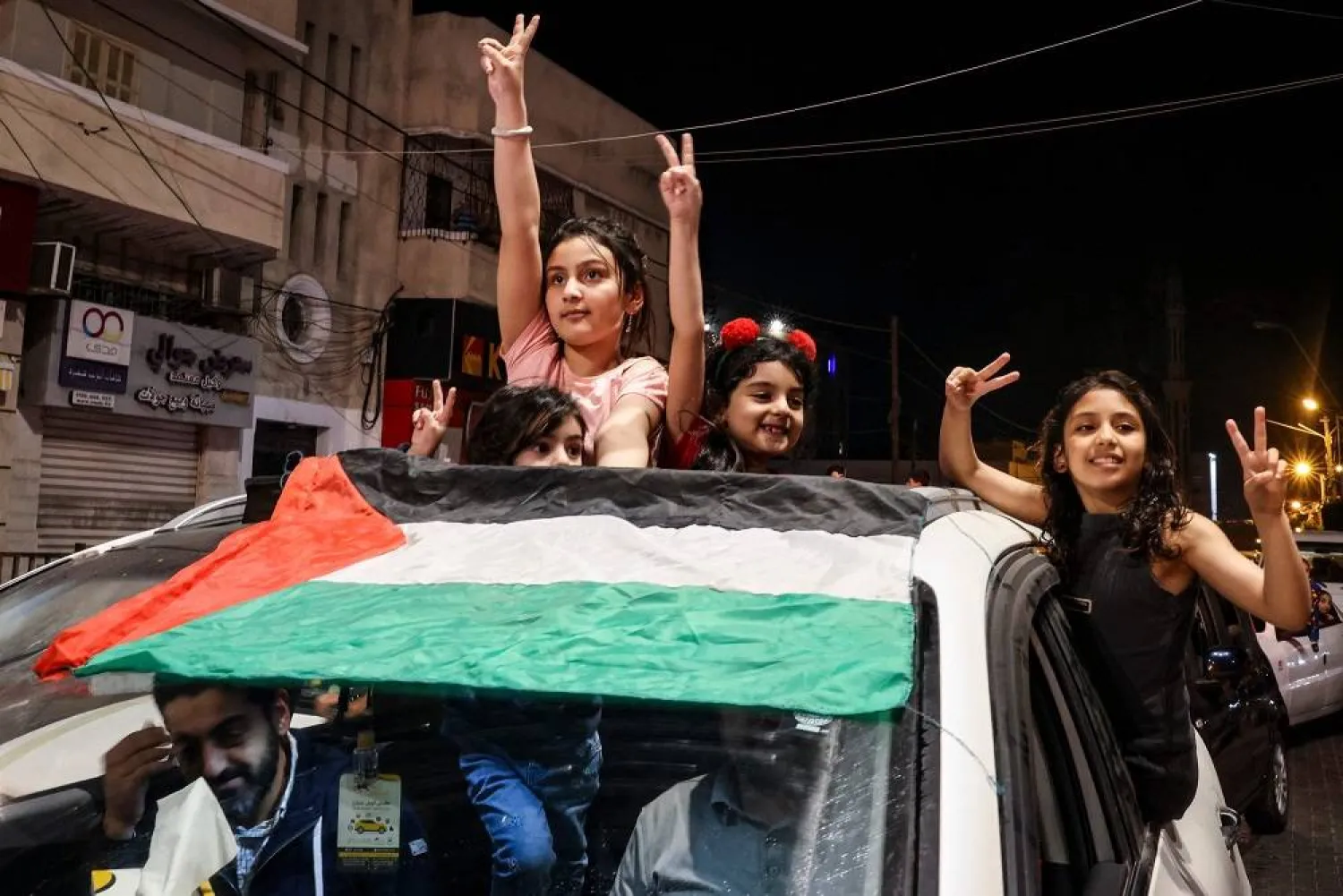Life on both sides of the Gaza Strip border began returning to normal on Sunday after an Egyptian-mediated ceasefire halted five days of fighting between Israel and Islamic Jihad, which killed 34 Palestinians and an Israeli.
Israel reopened its goods and commercial border crossings, allowing fuel to flow to the lone power plant in the blockaded coastal enclave. Shops and public offices reopened and crowds returned to streets that had been deserted for days.
Leaders from both sides of the conflict confirmed their commitment to the truce, but gave different interpretations of the terms, such as whether Israel would end targeted killings of Palestinian militant leaders.
The latest fighting, the longest bout since a 10-day war in 2021, began when Israel launched a series of air strikes in the early hours of Tuesday, announcing that it was targeting Islamic Jihad commanders who had planned attacks against it.
In response, the Iranian-backed group fired more than 1,000 rockets, sending Israelis fleeing into bomb shelters. In areas of southern Israel around Gaza, schools were still closed on Sunday and many of the thousands of residents who had been evacuated had yet to return.
"It's no simple matter to come back from such a situation," Gadi Yarkoni, mayor for several Israeli towns on the Gaza border, told radio station 103 FM.
Palestinian health officials said 33 people, including women and children as well as Islamic Jihad fighters, were killed in Gaza. In Israel, an Israeli woman and a Palestinian laborer were killed by Gazan rockets.
Mohammad Al-Hindi, a senior Islamic Jihad official who co-negotiated a ceasefire in Cairo with Egyptian officials, said in a statement on Sunday that the group was prepared to halt its rocket launches in exchange for Israel's agreement to stop targeting houses, civilians, and militant leaders.
"We are committed to the calm agreement as long as the enemy abided by it," he said.
But Israel denied it had made any such undertakings, saying only that it would it hold fire as long as there was no threat.
"I have said time and again: Whoever strikes at us, whoever tries to strike at us, whoever tries to strike us in the future - his blood is forfeit," Prime Minister Benjamin Netanyahu told his weekly cabinet meeting in Jerusalem.
Israeli forces had "successfully concluded five days of fighting the Islamic Jihad terrorist group," he said in the televised remarks, without mentioning a ceasefire agreement.
Hamas, the group that controls Gaza, did not take part in the fighting and Israeli military officials said their strikes did not target its infrastructure or leaders.
How long the latest ceasefire will hold remained unclear. The latest bout of fighting came only a week after another round of overnight barrages and even as the truce was being finalized, the two sides kept up their firing.
"We will continue doing everything that has to be done with one consideration alone: What serves the security interests of the State of Israel," Finance Minister Bezalel Smotrich, a member of Netanyahu's security cabinet told Kan radio.
"We dealt a serious blow to Islamic Jihad (but) we have not solved the Gaza problem. This is a problem that requires a much more dramatic solution," Smotrich said.
In Gaza, people were picking up the pieces after days of bombardment that Israel said targeted Islamic Jihad command centers and other military infrastructure, but which also damaged or destroyed dozens of houses.
"This is my room, it had the toys I used to play with and the books I used to study, there was nothing left," said Ritaj Abu Abeid, 12, as she stood inside her wrecked bedroom.
Maddah Al-Amoudi, 40, one of around 3,000 Gaza fishermen who had been blocked from going to sea, also welcomed the return to normality.
"We have no alternative to the sea. If there is work in the sea, we can earn money and food for our children and if there is no sea, there is nothing."









